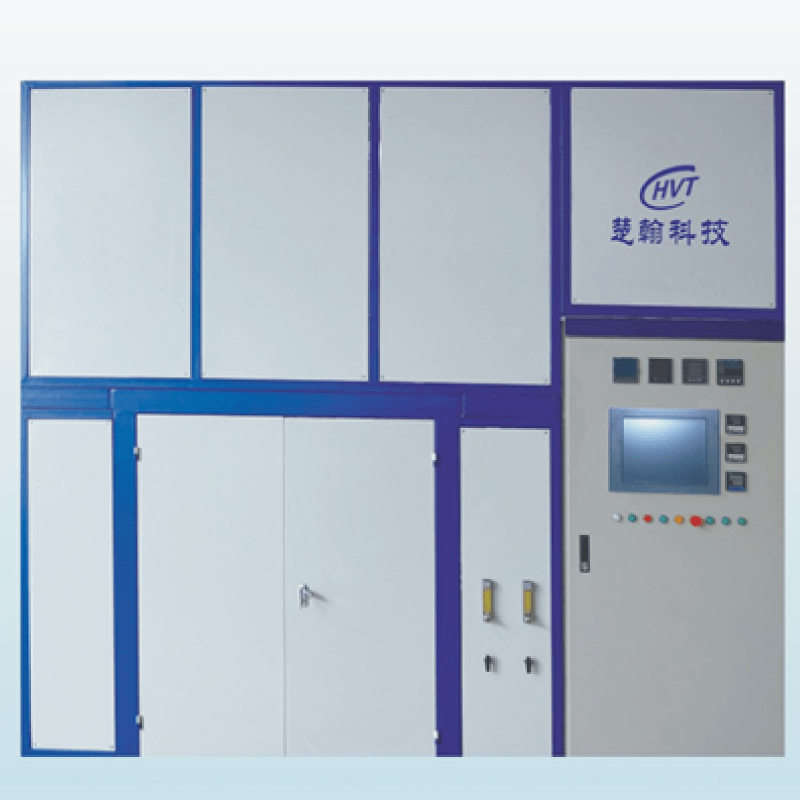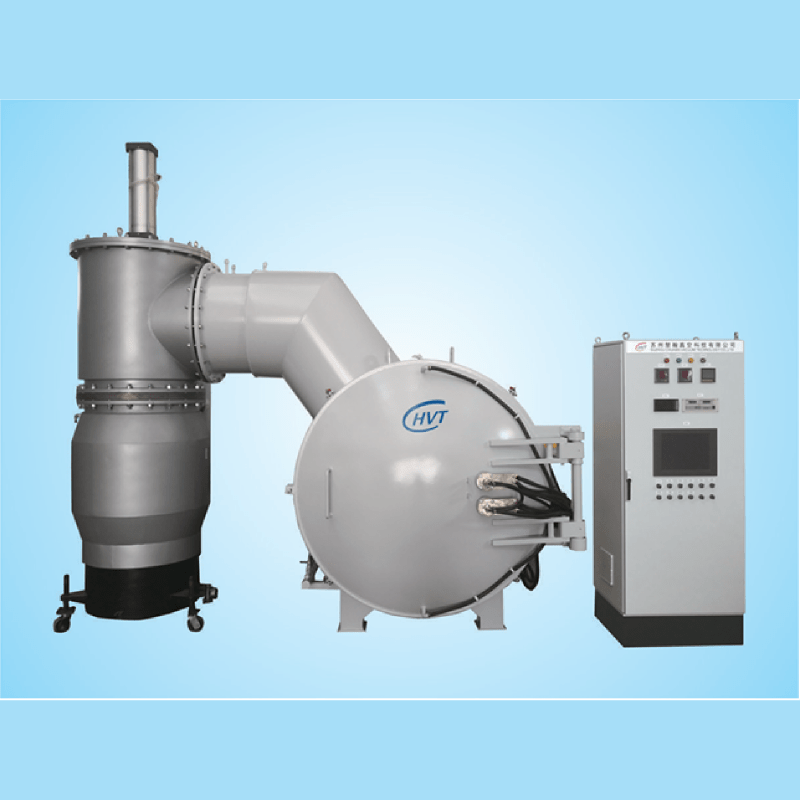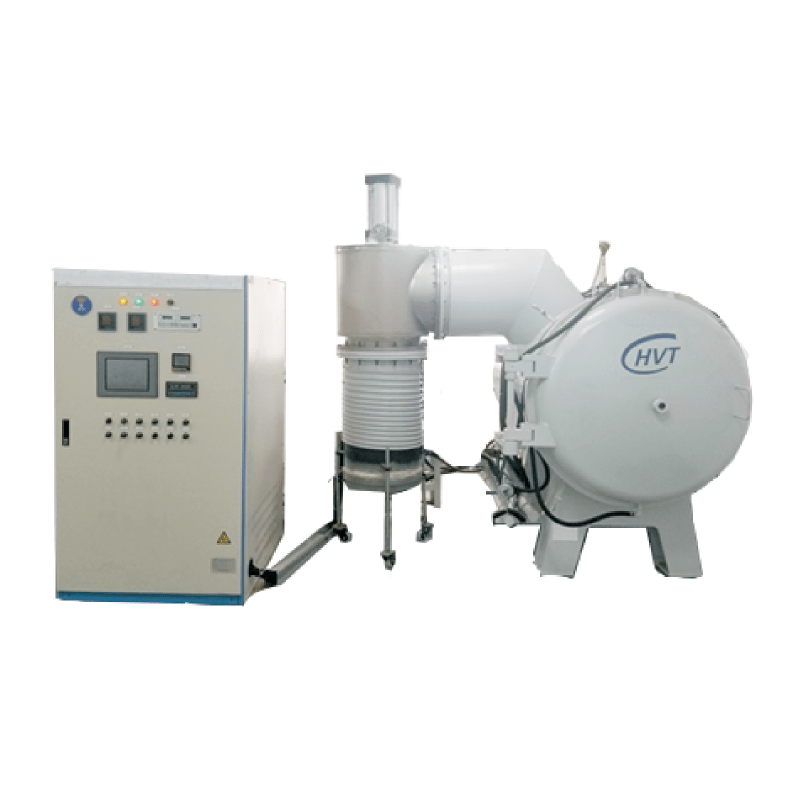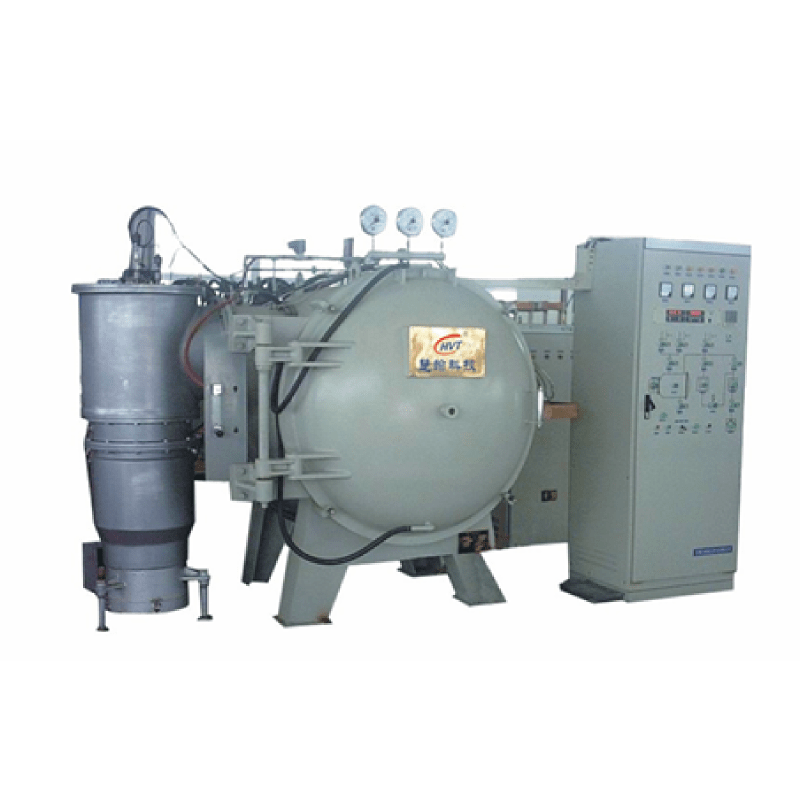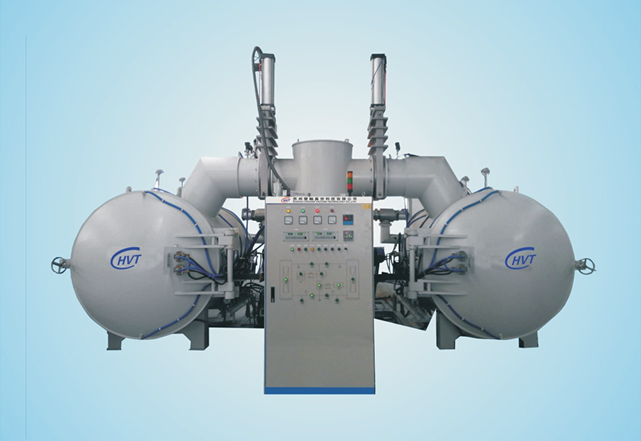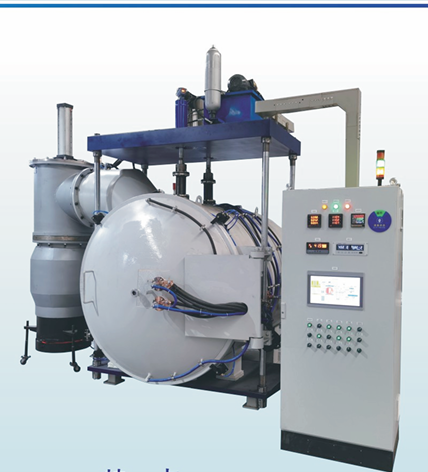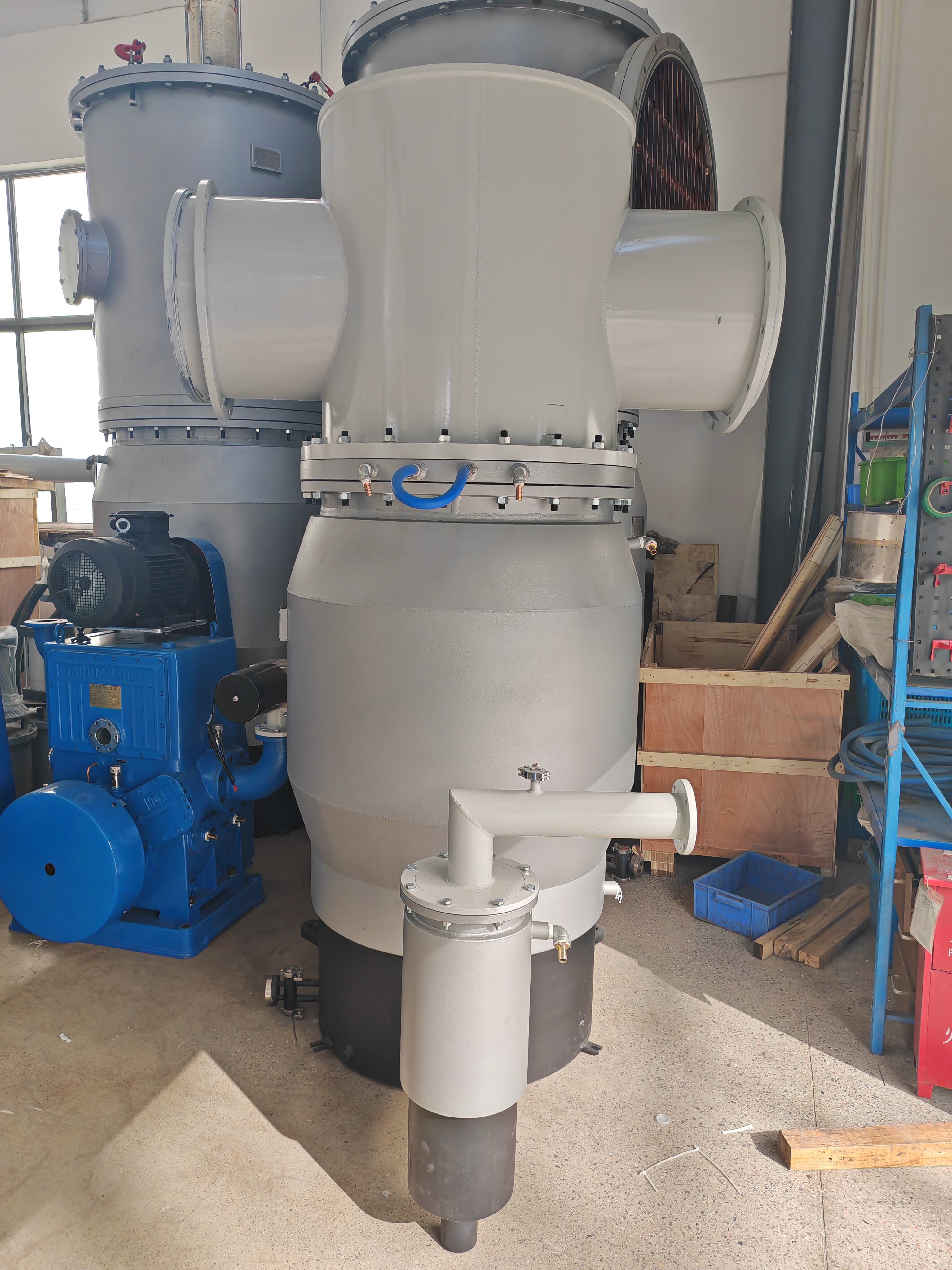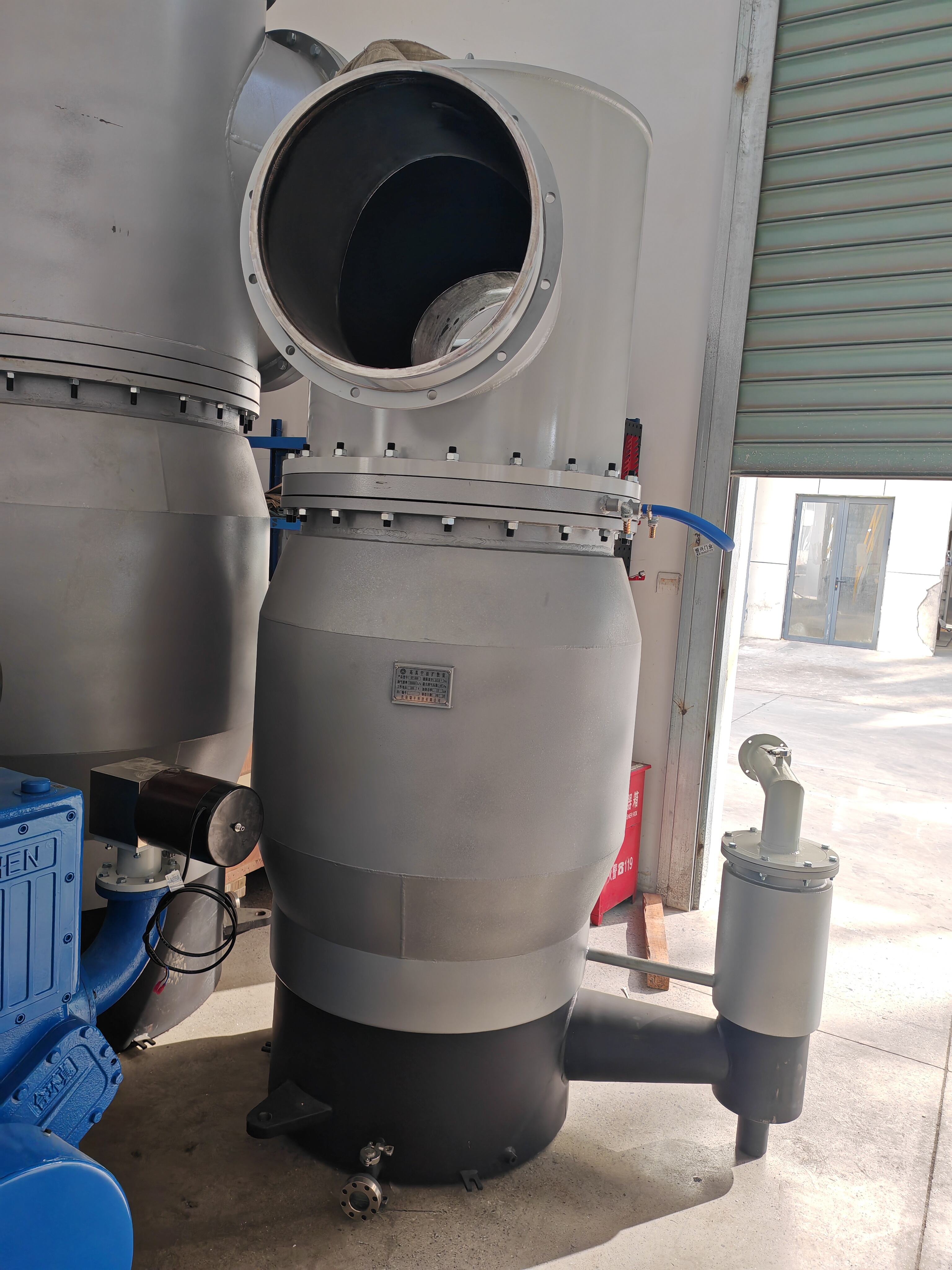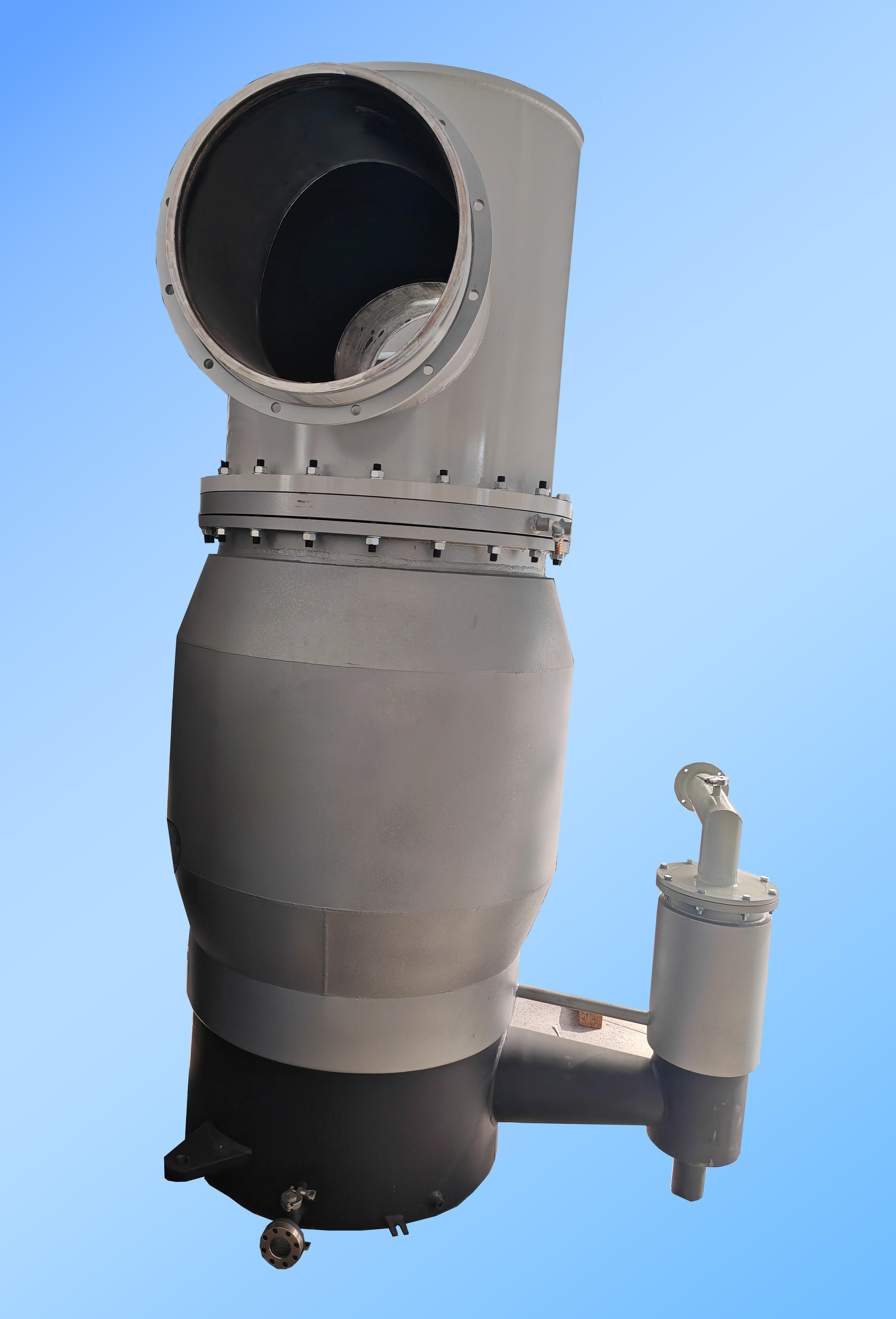diffusion pump oil
Diffusion pump oil is a specialized fluid essential for creating and maintaining high vacuum environments in industrial and scientific applications. This sophisticated oil serves as the primary working fluid in diffusion pumps, enabling the efficient removal of gas molecules to achieve ultra-high vacuum conditions. The oil functions by being heated to its boiling point, creating a vapor that streams upward and then redirects downward at high velocities through jet assemblies. As the oil vapor moves, it captures gas molecules from the vacuum chamber and carries them toward the pump outlet. Modern diffusion pump oils are engineered with specific molecular weights and vapor pressures optimized for various vacuum applications. These oils typically feature exceptional thermal stability, low vapor pressure at room temperature, and resistance to oxidation and decomposition. The chemical composition of diffusion pump oil is carefully formulated to minimize backstreaming, a common challenge in vacuum systems. Different grades of diffusion pump oil are available, ranging from standard hydrocarbon-based oils to specialized silicone fluids, each designed for specific temperature ranges and vacuum requirements. The selection of the appropriate diffusion pump oil is crucial for achieving optimal system performance and maintaining consistent vacuum levels.

